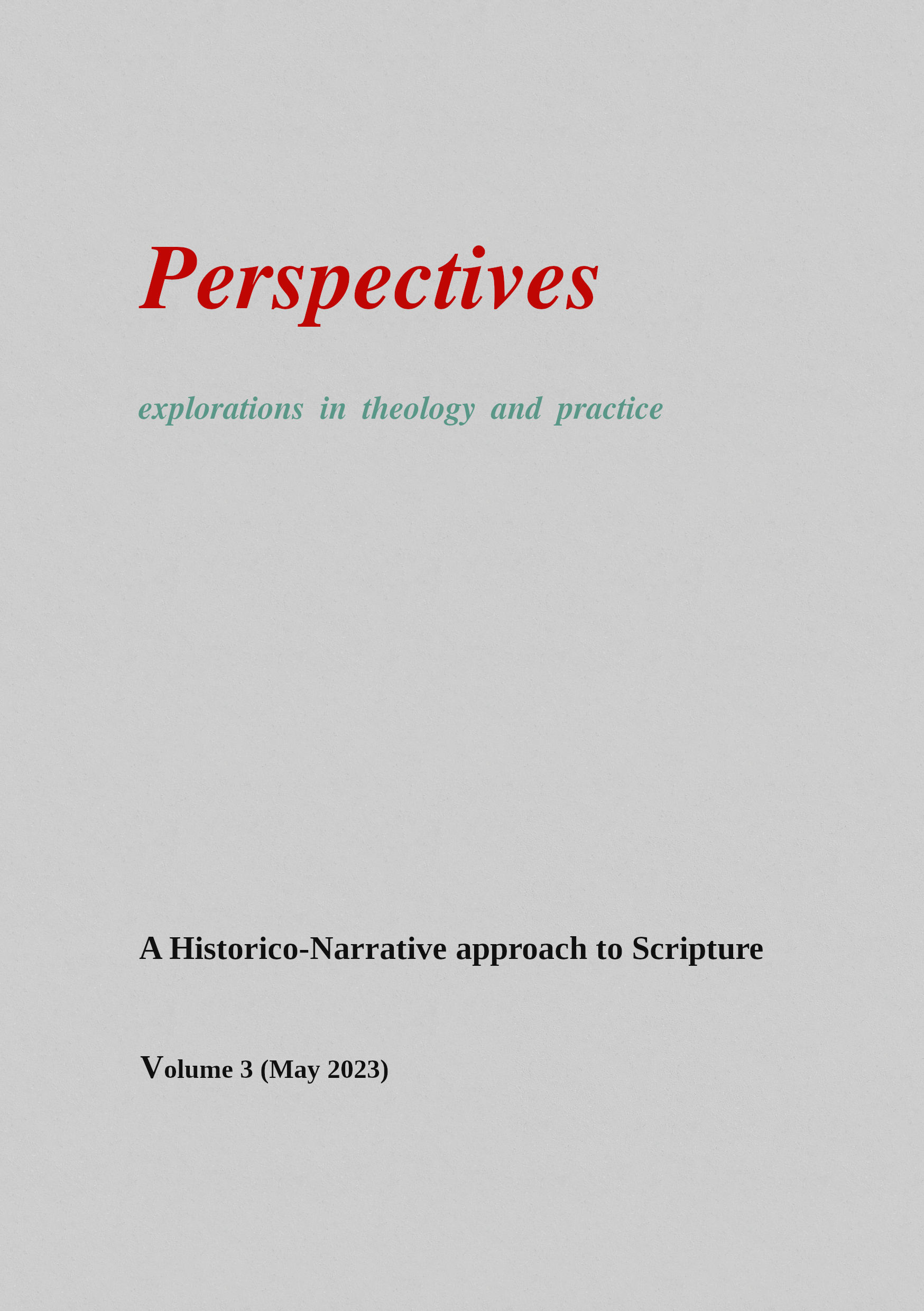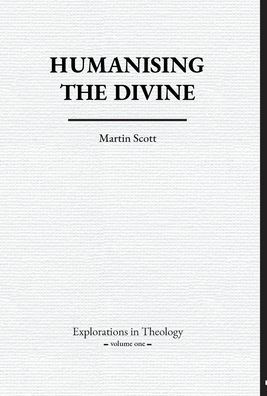I read this post by Matheus Lapa recently and asked if I could re-post here. Matheus is not even close to being half my age(!!) but I have a great zoom connection with him on a regular basis. Brazilian, living in Canada, married to Eduarda with soon to be two children. He is certainly one of a new generation ready to rise from Brazil with perspectives that will take the body of Christ out of the ghetto. Enough from me!!
“In this way, if anyone is united with the Messiah, they are a New Creation – the old has passed away; behold: what exists now is different and new!” (2 Corinthians 5:17).
NEW APOSTOLIC EXPRESSIONS
Okay… Paul, a widely loved and studied figure in our days, right?! I suspect, however, that during his time it was not the case – for many, if we truly understood Paul, he wouldn’t be accepted by the overwhelming number of people who advocate for a “Pauline theology” today.
Paul was a sign of contradiction to his fellow countrymen and Jewish brothers due to Jesus’ call, the Messiah, on the road to Damascus, and he certainly represented a contradiction to Jesus’ disciples and the churches of his time: not only because he claimed that the apostles, who were considered something, had nothing to add to him (Galatians 2:6), but also by the way he lived his own life.
One of the situations that occurred was in Corinth, a city where Paul worked and nurtured a community. A group of super-apostles sought to undermine his apostolic authority, claiming to possess greater wisdom and authority, highlighting their eloquent preaching.
The marks of Paul’s apostolic authority should be seen in what these super-apostles rejected: his simplicity and humility, weakness, and his sufferings for the sake of the Body of Christ.
The emergence of new apostolic individuals will be characterized by a disregard for conforming to what is already established; they will envision a new path to be taken, which will require new expressions to fulfill what lies ahead. The structure of these apostolic individuals will not be about glamour and fame, eloquence and wisdom as the established order dictates. These men and women will be a contradiction: radically humble, intentionally servants, persevering patiently through the persecutions and resistances that will come their way.
NEW EYES
Who will be able to perceive this new apostolic expression? Just like Paul as a new apostolic expression was not recognized and received by everyone as an apostle of Christ, even by those he had worked with for a long time. Only those who have a new perspective, new eyes, will recognize the new authority.
Paul addresses this issue in 2 Corinthians when he declares that he would not assume a posture expected by the super-apostles. The apostle states that “we should not judge anyone by worldly standards” (5:17). What does it mean to judge by worldly standards? It means to rely on human standards, to decide based on what is seen or heard. We judge by worldly standards whenever we fail to see others through Christ.
How can we know people in a different way? This question can be answered when we look to Jesus. As we understand how Jesus saw people, we will understand what our attitude should be toward the world. According to the Scriptures, the Messiah would “not judge by what he sees with his eyes, or decide by what he hears with his ears” (Isaiah 11:3).
To be inspired by the fear of the Lord is to have our inner being ordered toward the contemplation of God, relating to all things as God ordained. In practical terms, people who do not “judge by worldly standards” will never judge something about someone based on what they see or decide based on what they hear because they know that there is much more than what our eyes can see. God establishes this standard of relationship for the new creation as a break with this age.
Only those who have their perspectives renewed, ordered by the fear of the Lord, will recognize new apostolic expressions and will be developed, participating in the new horizons established by God.
NEW CREATION
The language of Scripture regarding the New Creation is marked by an imagery of continuity and discontinuity. For example, the vision of the New Creation as the final fulfillment of all things, where there is no more death and suffering, goes beyond the vision presented in the Old Testament. Isaiah’s vision of New Heavens and New Earth, a language used to describe the restoration of Israel, where the sins of the nation would be completely forgiven (Isaiah 65:17), the prophet sees the prosperity of the righteous but does not see the abolition of death: “For the young man shall die a hundred years old” (Isaiah 65:20). Thus, the New Creation (in Isaiah) is not something entirely different. It incorporates an ideal that is recognized by the Jewish mindset that was shaping a new understanding for the people of God – so it can say something about their identity, purpose, and hope for this present world.
Similarly, while this ultimate eschatological horizon, seen by the prophet John in the book of Revelation, has not yet arrived, we also need to articulate a language that is not only able to announce the reality of the New Creation but also generate an imagery that guides and orders life. This was the apostolic challenge of Paul, and I believe it will be ours as well: “Therefore, if anyone is in Christ, the new creation has come” (2 Corinthians 5:17); “For neither circumcision counts for anything, nor uncircumcision, but a new creation” (Galatians 6:15). What does it mean to be a New Creation? How is the New Creation shaping today for the future? What are the signs we see today?
The challenge of this journey toward the ultimate eschatological horizon is what Isaiah would face if he had access to what John wrote about the reality of the New Creation: to have a framework capable of embracing both continuity and discontinuity, submitting to the process of being formed into a new form at each stage.
NEW COMMUNITY EXPRESSIONS
Paul’s apostolic activity is not related to what is now known as ‘church’. Paul was a builder – he was interested in forming New Communities for the New World of God. Thus, his instructions were not limited to ecclesiastical organization, but a social ordering of nations toward the one God and Lord.
The emergence of new apostolic expressions will also mark the formation of new communities that will be much broader in their scope, diverse in their expressions, and above all, marked by love. The context in which we are living as humanity is, in many ways, similar to what the early Christians experienced: they lived in a pre-Christian era, and today we live in a post-Christian era. This means that today we are in the exact context for the emergence of new community expressions.
Of course, this emergence will not be ‘easy’, the gaze of suspicion and distrust will remain, but it will be inevitable – they are already a reality, even if they cannot be seen now. In the coming years, new apostolic voices will present new expressions.


 This one is ‘Volume 3’. They are very much in line with the ‘Explorations’ series of books. This one is on Scripture where I advocate that we need a two-fold but intrinsically related approach of a historical and narratival perspective and understanding. I am not suggesting that this is at any level original to myself – others have pioneered such and similar approaches.
This one is ‘Volume 3’. They are very much in line with the ‘Explorations’ series of books. This one is on Scripture where I advocate that we need a two-fold but intrinsically related approach of a historical and narratival perspective and understanding. I am not suggesting that this is at any level original to myself – others have pioneered such and similar approaches.
